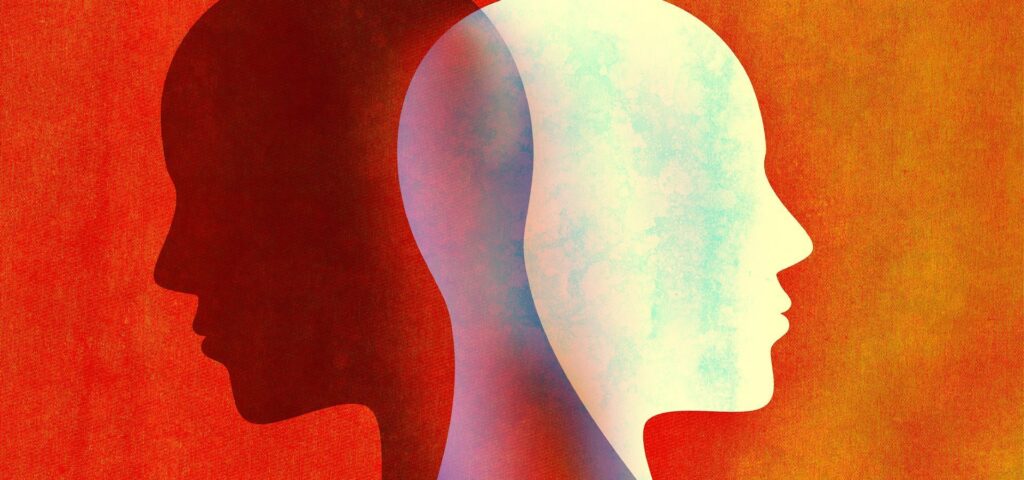[vc_row][vc_column][vc_column_text]People with substance use disorders (SUD), commonly referred to as addiction or alcoholism, often have co-occurring mental health disorders such as anxiety, depression or post-traumatic stress disorder (PTSD). But which condition came first? When seeking addiction treatment it is important to also enter mental health treatment, or vice versa. This is often called a dual diagnosis. It might be difficult to determine which condition came first or is more prominent. But really, the primary condition is not as important as it might seem. Both conditions will need to be addressed while in treatment. Ignoring one will likely cause recurrence of the other. According to the National Institute on Drug Abuse, SUD is itself a form of mental illness. Marsha Linehan, Ph.D., ABPP, the creator of Dialectical Behavioral Therapy (DBT), says that when therapists are prioritizing which condition of many to treat first, that the most important consideration is what will keep them alive. About one in five adults in the United States experience some form of mental illness. About 8.5 percent of adults have a SUD. Between 80 and 90 percent of those with SUD have co-occurring mental health disorders. Anxiety, depression, bipolar disorder, borderline personality disorder and post traumatic stress disorder are among the most common. Anxiety disorders are the most common disorders among both adults and adolescents in the United States. About a quarter of teenagers have an anxiety disorder, which can result in poor performance in school and additional behavioral problems. [/vc_column_text][vc_single_image image=”30359″ img_size=”full”][/vc_column][/vc_row][vc_row][vc_column][vc_custom_heading text=”Which came first: addiction or mental health disorder?” use_theme_fonts=”yes”][vc_column_text]One belief is that addiction begins when someone with a mental health disorder self-medicates. That means using alcohol and drugs to cope with their condition’s symptoms. For example: drinking alcohol when feeling sad, or using drugs in anxiety provoking social settings. Substances such as alcohol and cannabis have been linked to developing mental health disorders that were previously non-existent. Examples include depression, mood disorders, and in the case of cannabis, mania. Clinical depression, anxiety and PTSD are not, however, only symptoms of addiction. Removing substances that exacerbate mental health issues is necessary for treating your conditions. But programs that focus strictly on recovery from addiction will not allow you to recover from mental health disorders. If you are not putting as much effort into it as you are into your addiction, you might be at risk for the cycle of feeling out of control and unable to cope. [/vc_column_text][vc_custom_heading text=”Find centers for addiction and mental health treatment” use_theme_fonts=”yes”][vc_column_text]If you or a loved one are struggling with addiction and/or mental health disorders, there is help. At TruHealing Centers across the country we offer a full continuum of care from mental health residential drug and alcohol treatment. We offer medication evaluation and stabilization, individual cognitive behavioral therapy sessions, and long term group therapy at either our inpatient mental health facility or our outpatient centers for addiction and mental health. The easiest way to recover from issues regarding mental health and substance use is to seek help. Call an admissions specialist today at 833-216-3079 to learn about our treatment programs and determine which one is right for you. TruHealing Centers is a national leader in substance abuse treatment. A division of Amatus Health, ARC offers treatment for drug and alcohol addiction as well as co-occurring mental health disorders in facilities across the country. To learn more visit amatusrecoverycenters.com.[/vc_column_text][/vc_column][/vc_row]








